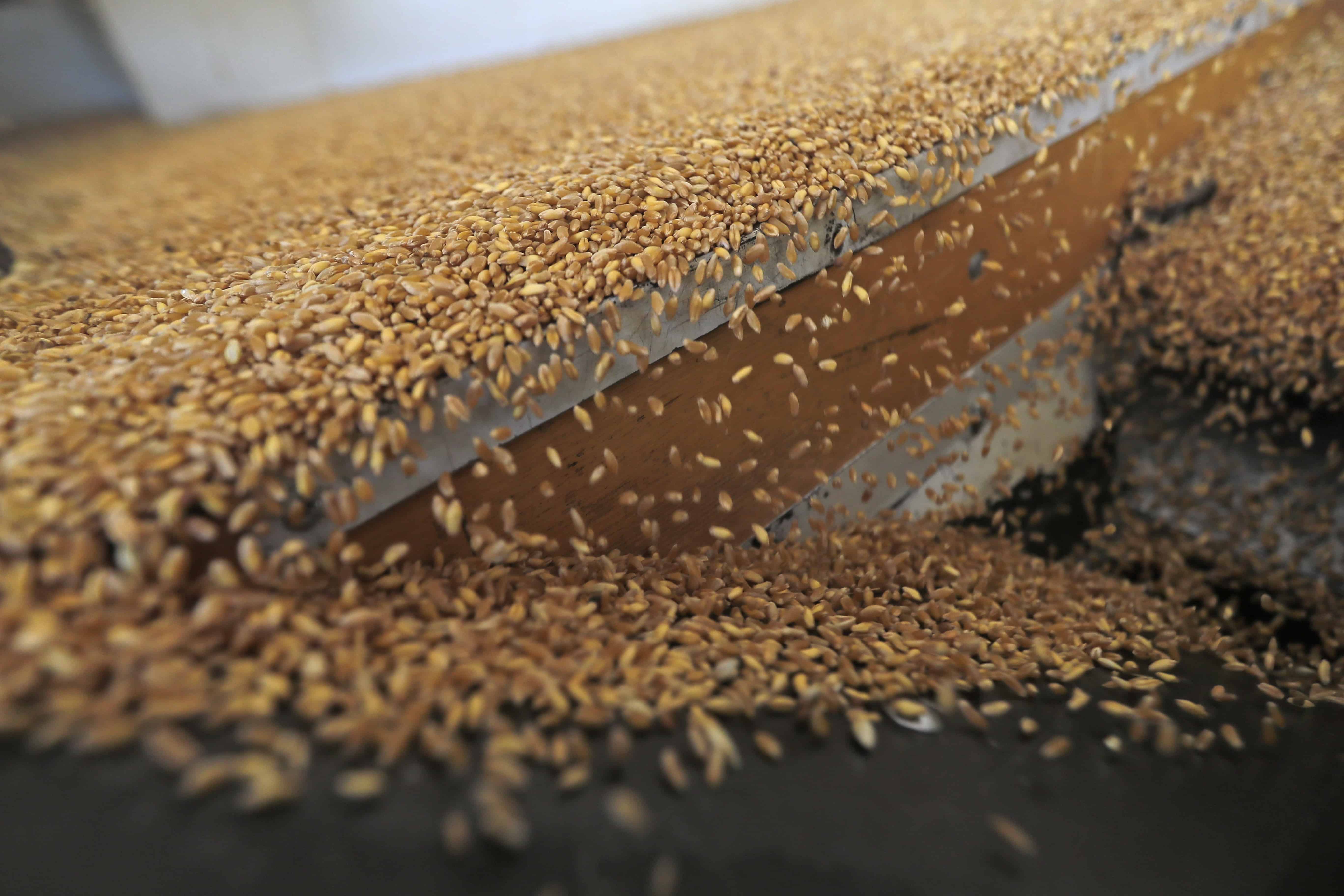Dubai, UAE — The World Price Index of the Food and Agriculture Organization of the United Nations (FAO) fell last June to its lowest level in more than two years, driven by the lower cost of sugar, vegetable oils, cereals and dairy products.
The organization’s index that tracks the prices of the world’s most traded food commodities averaged 122.3 points in June, compared to 124.0 points after adjusting in the previous month, SPA reported.
In a separate report on cereal supply and demand, FAO forecast global cereal production this year to reach 2.819 billion tons, up slightly from last month’s estimate and up 1.1 percent from 2022 levels, noting that the higher forecast was driven by better prospects for global wheat production, as the forecast rose by 0.9 percent to 783.3 million tons.
The FAO Cereal Price Index fell 2.1 percent in June compared to the previous month, with prices of corn, barley, sorghum, wheat and rice declining, and the vegetable oil price index falling 2.4 percent month-on-month, hitting its lowest level since November 2020, driven by lower global prices of palm and sunflower oil.
The Sugar Price Index fell 3.2 percent from May, marking its first decline after four consecutive monthly increases, mainly due to improved sugarcane yields in Brazil and slowing global import demand, while the dairy price index fell 0.8 percent compared to May while the meat index remained unchanged.
Global food prices fall to lowest level in two years in June

- The World Price Index drop was driven by the lower cost of sugar, vegetable oils, cereals and dairy products.
- The FAO Cereal Price Index fell 2.1 percent in June compared to the previous month, with prices of corn, barley, sorghum, wheat and rice declining.







